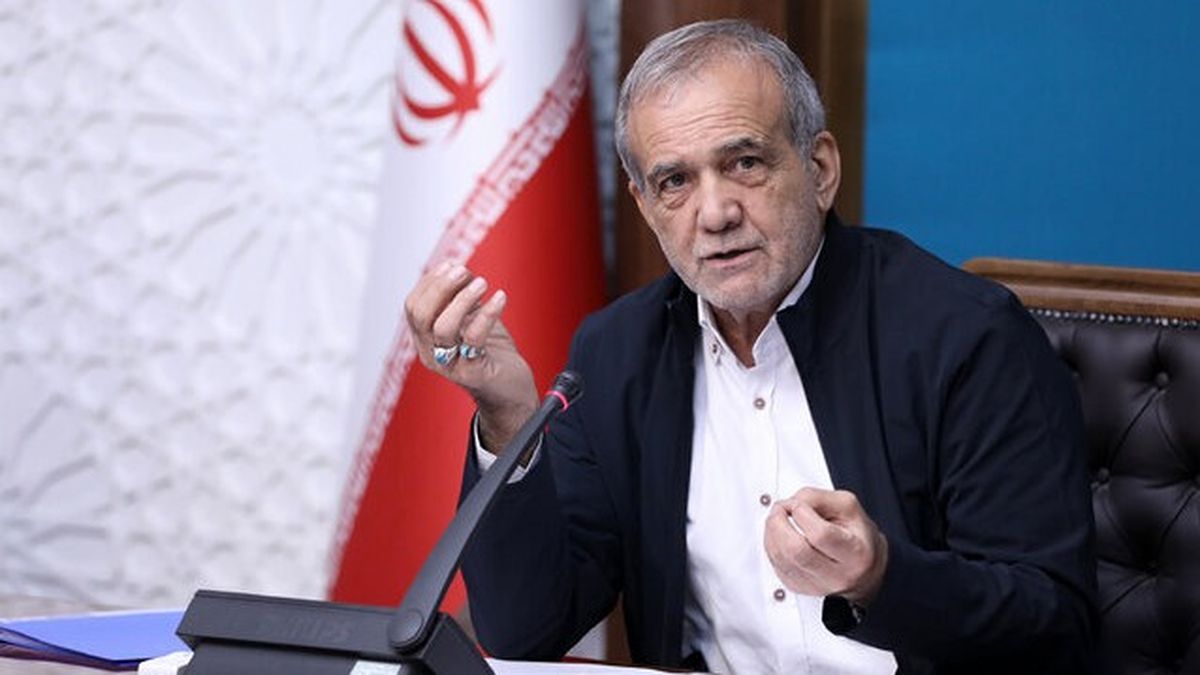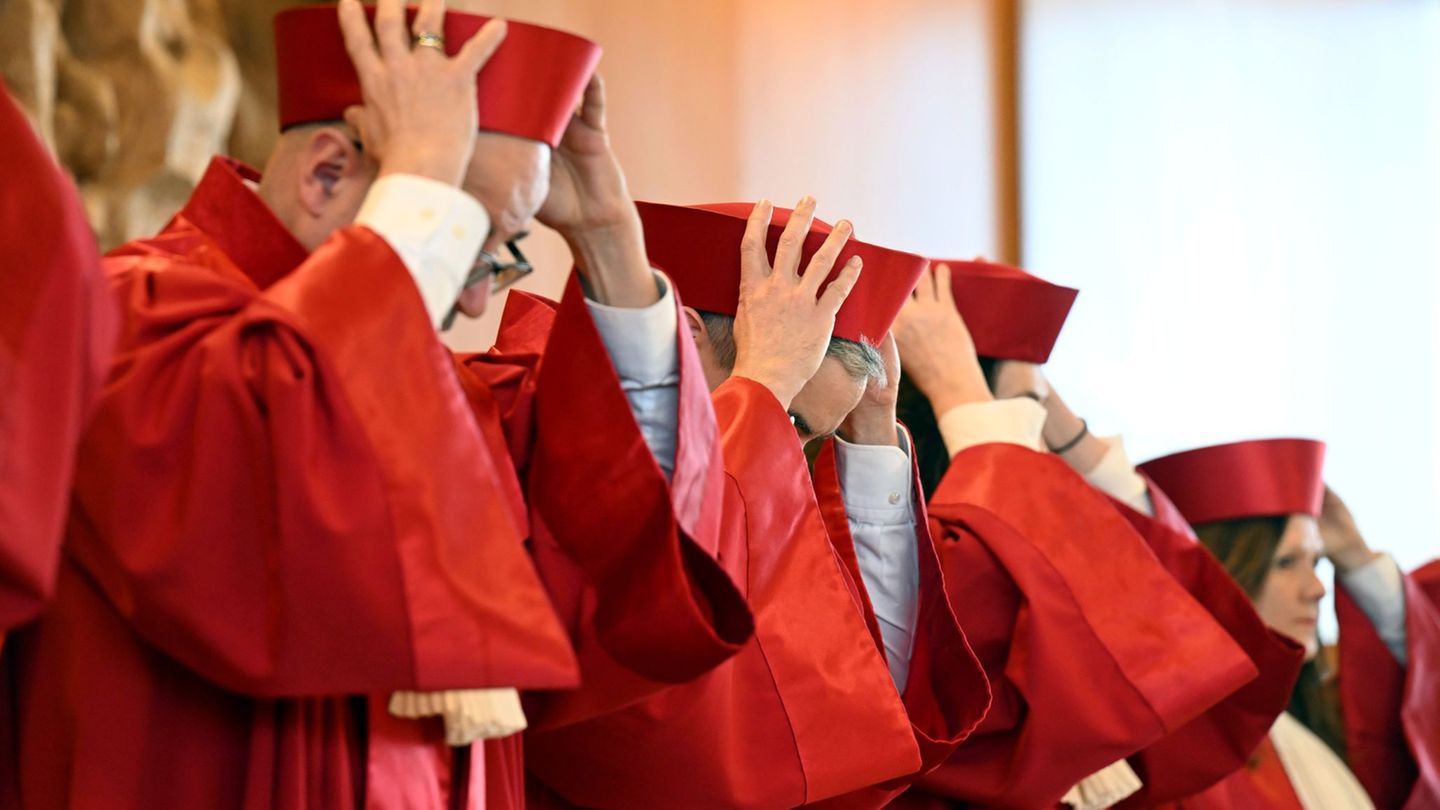The CDU wants to start negotiations for a blackberry coalition in Thuringia, the Wagenknecht party is still holding back. Now it is the SPD’s turn as the third partner.
The exploratory negotiations between the CDU, BSW and SPD in Thuringia have come to an end – a controversial issue remains. After the CDU unanimously voted in favor of coalition negotiations and the Sahra Wagenknecht alliance tied them to a condition, it is the SPD’s turn on Saturday. The state executive committee of the Social Democrats meets in Erfurt. He wants to discuss the results of several rounds of exploratory rounds between the three parties. It remains to be seen whether a decision will be made to start coalition negotiations, according to SPD board circles.
Conversations about peace issues
First of all, the Social Democrats will probably have to deal with the demands of the Wagenknecht party. Without clarity on the peace issue, there will be no entry into coalition negotiations with the BSW at this point, explained BSW state director Katja Wolf on Friday evening after her board meeting in Erfurt. In doing so, she puts the “signal on yellow,” as she said. The peace issue is the sticking point “despite all the joy about what has been achieved in the exploratory paper”, which was unanimously approved by the board. “We will ask the CDU and SPD to renegotiate as quickly as possible,” said Wolf.
CDU parliamentary group leader Marion Voigt did not speak of renegotiations; after all, the exploratory paper was approved by the CDU and BSW. When it comes to Thuringian issues, the three potential partners are clear. The CDU leader agreed to talks on the peace issue, which should be part of a preamble to a possible coalition outcome – probably at the beginning of next week. “That can be the next step. I’m optimistic about it.” The BSW would like to submit a wording proposal, announced the co-state chairman Steffen Schütz. It’s about more diplomacy to end the war in Ukraine and a no to stationing US medium-range missiles in Germany.
A sensitive topic for the SPD
The issue is sensitive for Thuringia’s SPD leader and incumbent Interior Minister Georg Maier, since his party is the Federal Chancellor. The exploratory talks in recent weeks have already been about the BSW’s demands for more diplomacy and against the stationing of weapons. A six-person meeting between the three party leaders was also called. Ultimately, however, the only thing that ended up in the exploratory paper was the announcement that there should be a passage in the preamble to a possible coalition agreement between the three parties. That wasn’t enough for the BSW board – Wolf denied that party founder Wagenknecht had any direct influence on its decision.
On the plus side, the SPD recorded, among other things, agreements to relieve parents of the after-school fees for school children or to introduce free school meals. In addition, ways to introduce a state care allowance or a care salary for caring relatives should be examined.
The situation in Thuringia is difficult anyway: The possible new government alliance, which wants to replace the red-red-green government of Prime Minister Bodo Ramelow (Left), does not have a majority in the state parliament. It has 44 of 88 seats in the Thuringian parliament. The stalemate can only be resolved with at least one vote from the opposition. For the first time, the AfD is the strongest faction in a federal state.
Source: Stern
I have been working in the news industry for over 6 years, first as a reporter and now as an editor. I have covered politics extensively, and my work has appeared in major newspapers and online news outlets around the world. In addition to my writing, I also contribute regularly to 24 Hours World.




